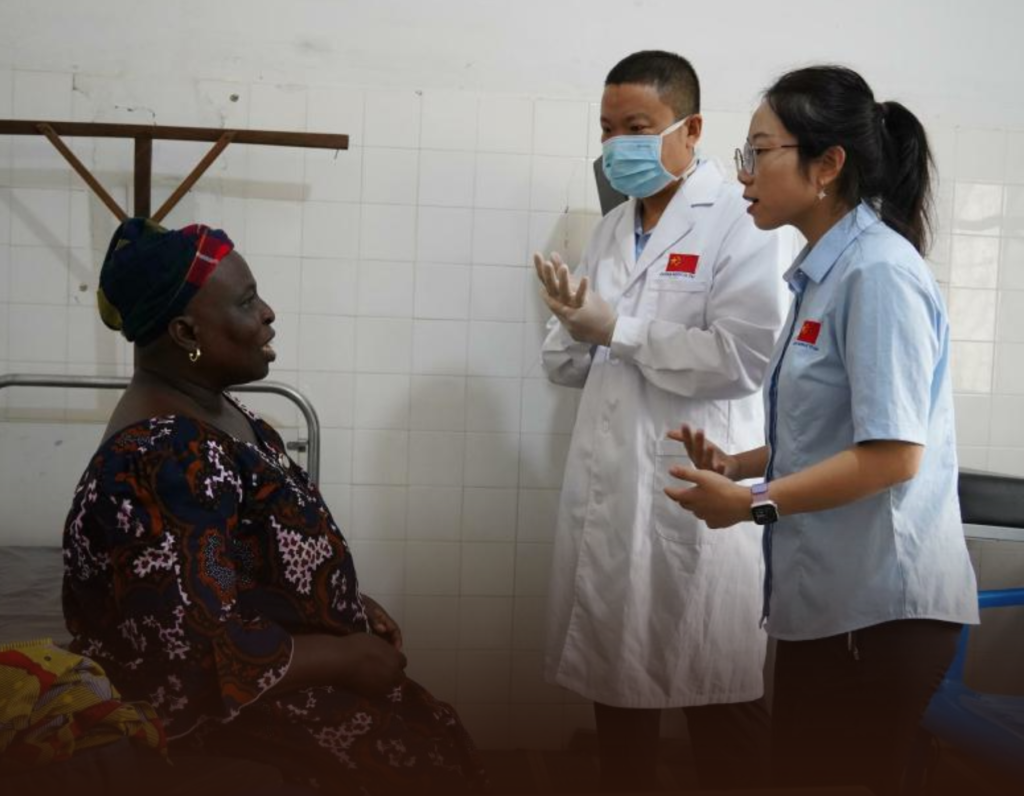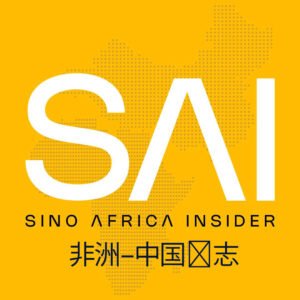A team of Chinese doctors has provided free medical consultations and donated pharmaceuticals to vulnerable children in a village near Lomé, further strengthening China-Togo health cooperation. The action, carried out by the 28th Chinese medical team operating in Togo, saw 32 children from the “Lueur d’Espoir” orphanage in Yopé-Kopé receive general, trauma, surgical and ophthalmological check-ups.
Under the banner “China-Togo Solidarity Medical Consultations 2025 – Acting Together for a Better Future for Children,” the initiative demonstrates the growing depth of China’s health diplomacy in West Africa. Guo Juanjuan, head of the Chinese medical team, emphasised that they remain committed “to fostering lasting friendship with the African people by offering professional expertise in the spirit of friendship and compassion.”
The event follows earlier similar missions: earlier this year Chinese medical teams in northern Togo’s Pya district provided over 579 free consultations encompassing internal medicine, gynecology, surgery, orthopaedics and acupuncture, reflecting a sustained Chinese presence in Togo’s rural health sector.
China and Togo have maintained diplomatic relations since 1972. Health cooperation is a key pillar of this partnership, and the latest consultations build on broader initiatives. These include China-funded hospital infrastructure, training programmes for local medical professionals, and medical-aid missions which bolster Togo’s healthcare system.
The recent mission aligns with China’s wider agenda of global medical support across Africa. Frequently, such interventions serve dual purposes: delivering care to underserved populations and deepening bilateral trust and cooperation. Through this lens, the free consultations in Togo represent both humanitarian service and strategic partnership.
For the children of Yopé-Kopé village, the intervention means access to medical care that might otherwise have been unavailable. In many rural and peri-urban areas of Togo, health infrastructure remains under-resourced. The donation of medicines and specialist services provided by the Chinese medical team helps ease this burden and underscores the role that foreign medical missions can play in national development.
From a broader development perspective, the mission reinforces the principle that health is a cornerstone of sustainable growth and diplomacy. For Togo, welcoming Chinese medical expertise complements government efforts to improve healthcare access for all citizens, especially vulnerable children. For China, such missions build goodwill and operational presence in regions where its diplomatic and development footprint continues to expand.
Moving forward, sustainability will be key. Local health officials and their Chinese counterparts must ensure that the short-term consultations translate into longer-term gains: improved health outcomes, trained local staff, upgraded facilities, and stronger health-system resilience. Acknowledging this, the team in Togo expressed its intent to remain engaged and collaborate with Togolese colleagues to jointly address health needs.
In an era of shifting global development relationships, the China-Togo health partnership stands as an example of how targeted programmes can deliver tangible benefits, strengthen bilateral ties and contribute to broader efforts of health equity in Africa.




